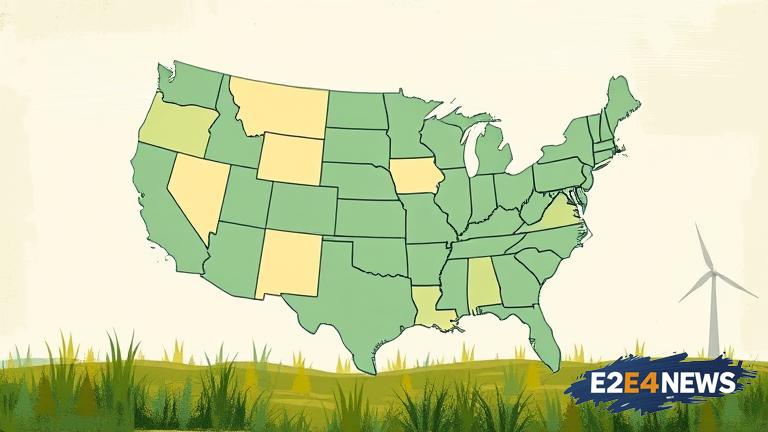The federal government’s incentives for alternative energy upgrades, which have been a driving force behind the adoption of renewable energy sources, are slowly disappearing. However, local rebates and programs are still available to support individuals and businesses in their efforts to reduce their carbon footprint. The federal tax credit for solar energy systems, for example, has been reduced from 30% to 26% and is set to expire in 2023. Similarly, the tax credit for fuel cell systems has also been reduced and is scheduled to expire in 2023. Despite the decline of federal incentives, local governments and utilities are stepping up to fill the gap. Many cities and counties are offering rebates and incentives for alternative energy upgrades, such as solar panel installations and energy-efficient appliances. These local programs are designed to encourage the adoption of sustainable practices and reduce reliance on fossil fuels. In addition to rebates, many local governments are also offering financing options and other incentives to support alternative energy upgrades. For instance, some cities are offering property tax exemptions for homes and businesses that install solar panels or other renewable energy systems. Others are providing low-interest loans or grants to support the adoption of energy-efficient technologies. Furthermore, many utilities are also offering rebates and incentives for alternative energy upgrades, such as smart thermostats and energy-efficient lighting. These programs are designed to reduce energy consumption and promote sustainable practices. Moreover, local non-profits and community organizations are also playing a crucial role in promoting alternative energy upgrades and providing resources and support to individuals and businesses. They are often partnering with local governments and utilities to offer workshops, training sessions, and other educational programs to raise awareness about the benefits of alternative energy. Additionally, some states are also offering their own incentives and rebates for alternative energy upgrades, which can be combined with local programs to provide even more support. Overall, while federal incentives for alternative energy upgrades may be disappearing, local rebates and programs are still available to support sustainable practices and promote the adoption of renewable energy sources. It is essential for individuals and businesses to explore these local options and take advantage of the resources and support available to them. By doing so, they can reduce their carbon footprint, save money on energy costs, and contribute to a more sustainable future. The shift towards alternative energy sources is a critical step towards mitigating climate change and promoting energy independence. As the world continues to transition towards a more sustainable energy mix, it is crucial that local governments, utilities, and community organizations work together to support and incentivize the adoption of renewable energy sources.
